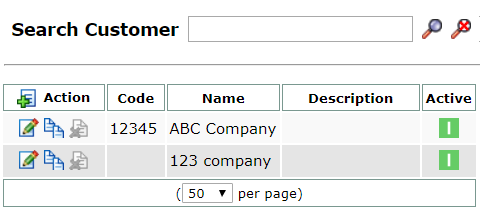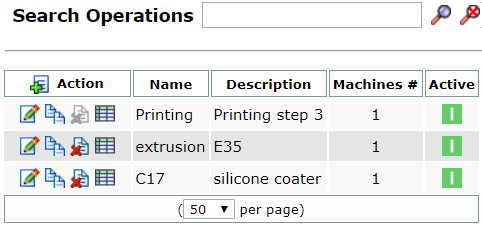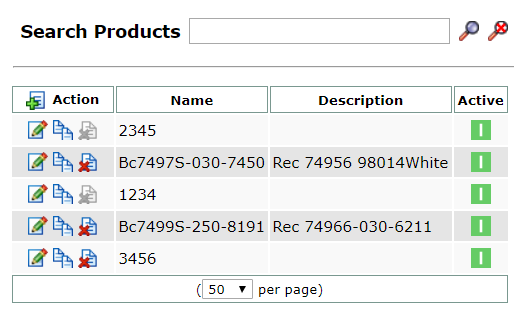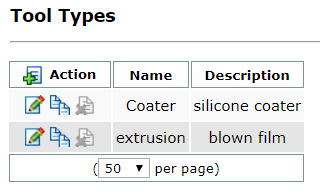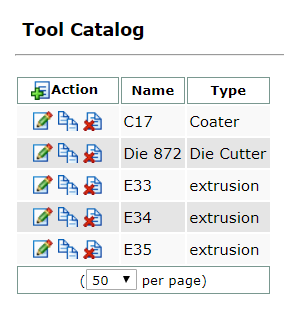Glossary of Terms for Job Management
Customer: In most cases, the customer name matches the name of the company for whom the product is being made. Customers are often tracked using a customer name, description, or code.
Job: A Job is defined as a volume or quantity of a specific product or material that is produced for a particular customer or market. A Job is often tracked in ERP or MES systems by a unique job number and/or job description, and is typically related directly to a customer and product.
A Job can be produced in more than one discrete time period; when this occurs each portion of a Job that is produced is called a Job Run. A Job Run can only be associated with one Job, but one Job can have one or multiple Job Runs to fulfill the quantity of product desired. A Job is sometimes also known in the manufacturing industry as a Work Order.
Job Queue: A listing of upcoming jobs on a machine. Each item on the Job Queue lists the job name, description, product, operation, and start time.
Job Run: A job run consists of a production period during which a single product (displayed by job name) is being produced on a machine. Each job run ends when one or more of the following occurs:
- the machine starts creating a new product (the job has been switched)
- the machine has stopped running (no production)
- the job is completed
Job Steps: Some jobs use steps, especially in conjunction with other applications such as quality or recipe management. If the same job name shows up on two different machines, ei3 will mark these steps as “Step 1” and “Step 2” even if they both are the first step on their respective machines. To prevent this occurrence, make sure that you use different job names or isolate your machines to different operations. You can find out more on how to do this here.
Operation: In most cases, an operation is named as the mechanical function or procedure that is performed by the machine that is producing the Product, per the Job requirements. In ei3, an operation is identified with of a name, a description, and a list of machines on which the operation may be performed. An operation is often limited to one machine or a group of machines of the same type, but this may vary.
Product: The product is the physical item being created by a machine. In ei3, a Product is identified with a name and description. In many cases, the product name matches the company or brand name of the product being created (eg. “Coca-Cola” may be used as the name of the packaging material produced, in which Coca-Cola cans are packaged for retail sale). The description may vary according to customer needs, but can include extra details such as a job number, product details, or other unique identifier. In some less common cases in industry, a Product might be referred to as a Material or a Work Order.
Tools: Some machines require various tools for different jobs. The Tools Types keeps a record of each tool type in use, while the Tools Catalog keeps track of each tool, using the tool name and type.

